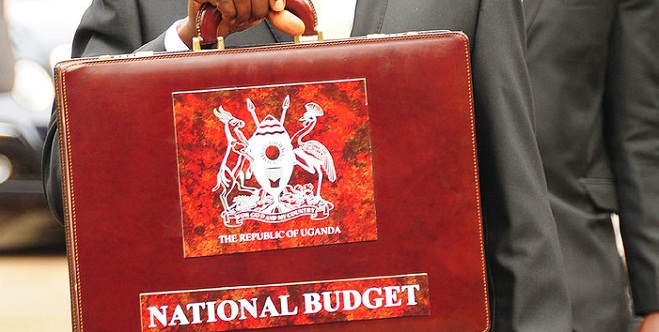With the 2021/2022 ending in June, Ugandans welcome a new financial year. Unlike the former where covid 19 shut down economies with lockdowns, the latter is expected to recover what had been lost with a fully opened economy. In order to achieve the National Development Plan, government through ministry of Finance approved 48 trillion shilling. The budget is to be financed by tax collection by Uganda Revenue Authority and Government borrowing. The Minister Matia Kasaija also stressed that no new taxes will be introduced but improvements in Revenue collection.

An increase in tax payers and tax base has been achieved from July to May 2022, increased investments, Business tendency index, purchasing manageable index by 48%. With future prospects to grow the economy by 6.5 per annum with a fully open economy, increase in global demand crops like coffee, commercialisation, active import substitution e.g pharmaceuticals, improve access to affordable credit for micro finance and digitalisation among others.
The key focus of the financial year is centred on security, rule of law and sustainability, sustaining economic recovery, implementation of Parish Development Model to wealth creation and agro-industrilisation. Judiciary to receive 381.6B and 95.0B, Uganda Police 876B, agriculture 564.39B, climate change 628B, Parish Development Model 1.05T, power infrastructure 1.573T and others.
Unlike last year, Ugandans aren’t excited rather worried because nothing was mentioned to address the currency economic crisis of inflated prices of commodities and fuel yet taxes have to be collected. What does this say about consumption prospects at household levels and purchasing power?
With the current inflation, will Hon. Matia Kasaija guarantee Ugandans the 6.5 economic growth?





